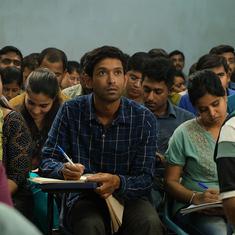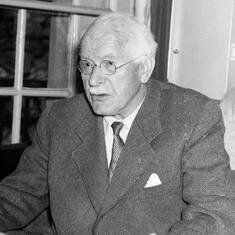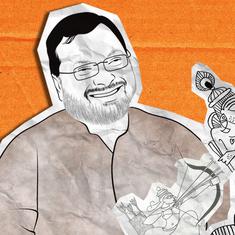Television news networks, newspapers, social media have all been doing a stellar job in bringing to light the devastating stories of death and destruction in the state. They have also provided helpline numbers for people seeking relatives. But after almost a week of non-stop coverage, on-the-spot reporting and hourly broadcasts, there’s a creeping sense that the media is politicising the tragedy even as rescue operations are still underway, with thousands of Kashmiris stranded all over the Valley and the flood is still far from abating.
On Monday night, for instance, NDTV asked separatist leader Mirwaiz Omer Farooq if he would at least now appreciate the role played by the armed forces in the rescue efforts. The Mirwaiz asked the anchor to understand the enormity of the devastation and noted that it was necessary get help from every quarter ‒ the army, the administration, the United Nations, if need be.
Like NDTV, The Times of India on Tuesday carried a banner headline proclaiming, “In Kashmir, ‘occupation force’ hailed as savior.”
Distress messages
Meanwhile, an article on the CNN IBN website repeated the sentiment. “The men and women in olive green and their counterparts in the Indian Air Force, Indian Navy and National Disaster Response Force, who have never had a very healthy relationship with the people of Kashmir Valley, are putting their lives in danger while trying to rescue and provide relief to the flood-hit residents of Jammu and Kashmir,” it said. “Everybody is sending distress messages to the Army, pleading with the soldiers to rescue them.”
Most people know that apart from protecting the borders from external aggression, and occasionally quelling internal strife, the Indian armed forces are mandated to render humanitarian assistance, disaster relief and aid the civil authorities. Of course, a career in the armed forces is a life of challenges, turbulence, service and sacrifices. As the army charter says, facing such challenges and going beyond the call of duty is but second nature to a soldier. When the call comes, it is for the soldier to give the ultimate sacrifice in the service of the nation.
Propaganda ploy
In the light of this mission, it’s difficult to understand why the media is going out of its way to talk about the dangers of the rescue mission. It would seem like a sentimental ploy to whitewash the excesses of the Army in the Valley and to absolve the Centre of blame for its previous mistakes.
On the face of it, the media seems to be ordering Kashmiris to ignore the presence of the 11 lakh soldiers who will still be present in their state after the flood abates. It would appear to be telling Kashmiris that since they have been served well by the army during the flood, they have no right to mourn the thousands of husbands, mothers, sons, daughters who have been missing since 1991, when the military began its action against militants. To some, this would seem like a campaign to whitewash two decades of complaints about human rights abuses by the army, the Border Security Force and the Central Reserve Police Force, actions that go unpunished because of the provisions of the Armed Forces (Special Powers) Act, 1958.
In times of disaster, there is no disgrace in accepting protection from law-enforcement authorities, even from agencies that were once denounced for their brutality. As long as Kashmiris are citizens of India, it is incumbent on the state to provide them with protection, shelter and security. It’s non-negotiable and is not a favour.










